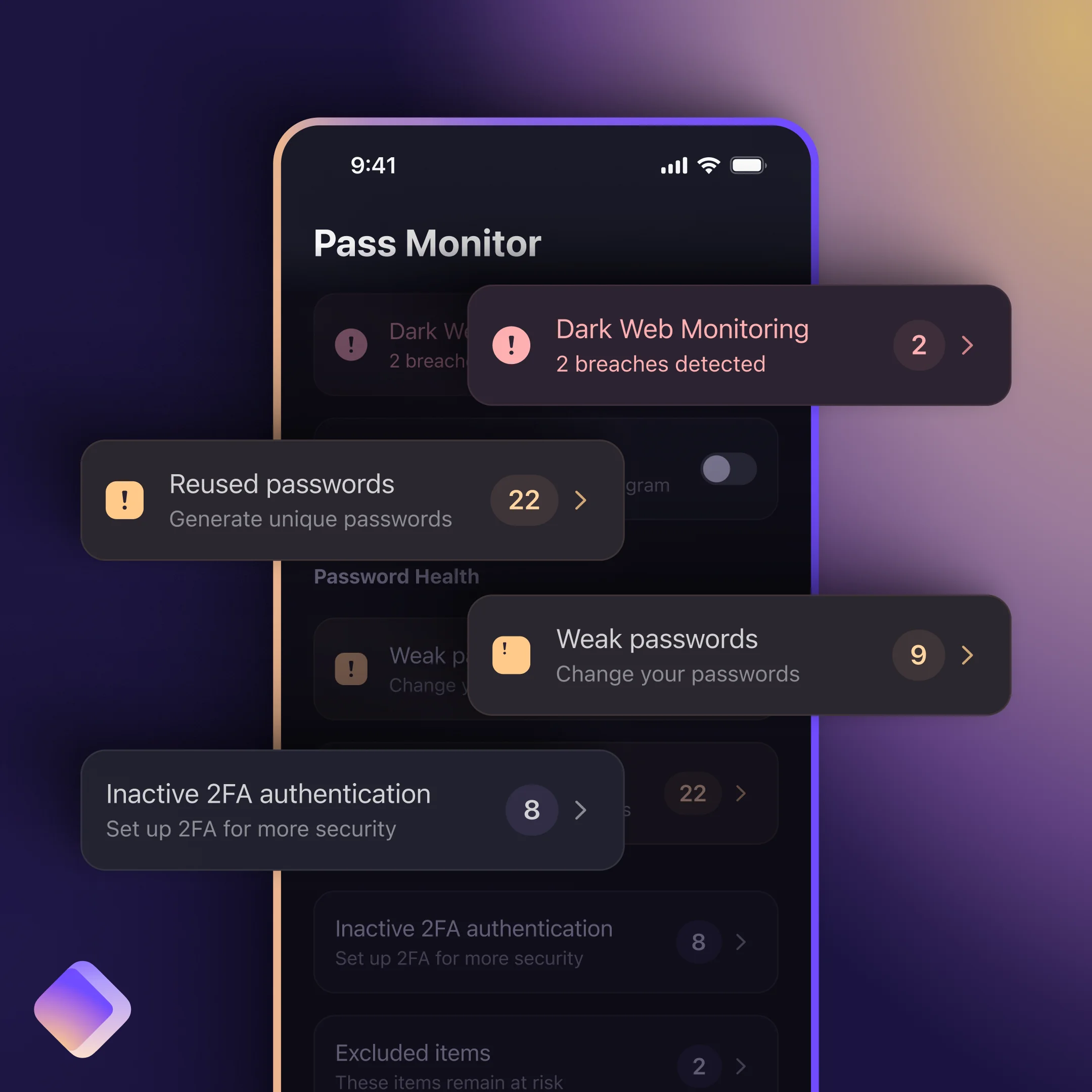Proton
Empowering you to choose a better internet where privacy is the default. Protect yourself online with Proton Mail, Proton VPN, Proton Calendar, Proton Drive. Proton Pass and SimpleLogin.
Proton Mail is the world's largest secure email provider. Swiss, end-to-end encrypted, private, and free.
Proton VPN is the world’s only open-source, publicly audited, unlimited and free VPN. Swiss-based, no-ads, and no-logs.
Proton Calendar is the world's first end-to-end encrypted calendar that allows you to keep your life private.
Proton Drive is a free end-to-end encrypted cloud storage that allows you to securely backup and share your files. It's open source, publicly audited, and Swiss-based.
Proton Pass Proton Pass is a free and open-source password manager which brings a higher level of security with rigorous end-to-end encryption of all data (including usernames, URLs, notes, and more) and email alias support.
SimpleLogin lets you send and receive emails anonymously via easily-generated unique email aliases.
view the rest of the comments

How does Proton decide if a password is weak or not? About half (361 of 678) are considered weak, and I used either Bitwarden or Proton Pass itself to generate a random one. A bunch of the ones I've spot checked have upper, lower, numbers, and symbols and they're still getting flagged as weak. I wish there were a more granular scale because I'd be happy to change the passwords that are truly weak but I'm not going to change hundreds of passwords to a different random string.
Proton defines Strong as at least 75 bits of entropy and over 100 bits is recommended. May have soemthing to do with that
They should either have more tiers or let you sort by entropy so I can focus on changing the least secure ones first
The tiers are vulnerable, weak and strong. Change the vulnerable ones first then the weak passwords
Yeah, but I have zero vulnerable and hundreds of weak. And like I said the "weak" ones were auto generated anyway.
If something is weak, it is Proton's knowledge of password strength. For example, they call a 16-character password without special characters "weak," which has around 95 bits of entropy, so this doesn't make sense. They also overemphasize the role of special characters in passwords, as just increasing the password length by a single character would add more entropy than enabling special characters. Furthermore, many of Proton's articles regarding password strength contain a lot of misinformation. This one talking about password entropy might be their worst yet. You cannot seriously claim that a single word, "Bankruptcies," has 68.4 bits of entropy, which also isn't the only inaccurate claim that the article makes.